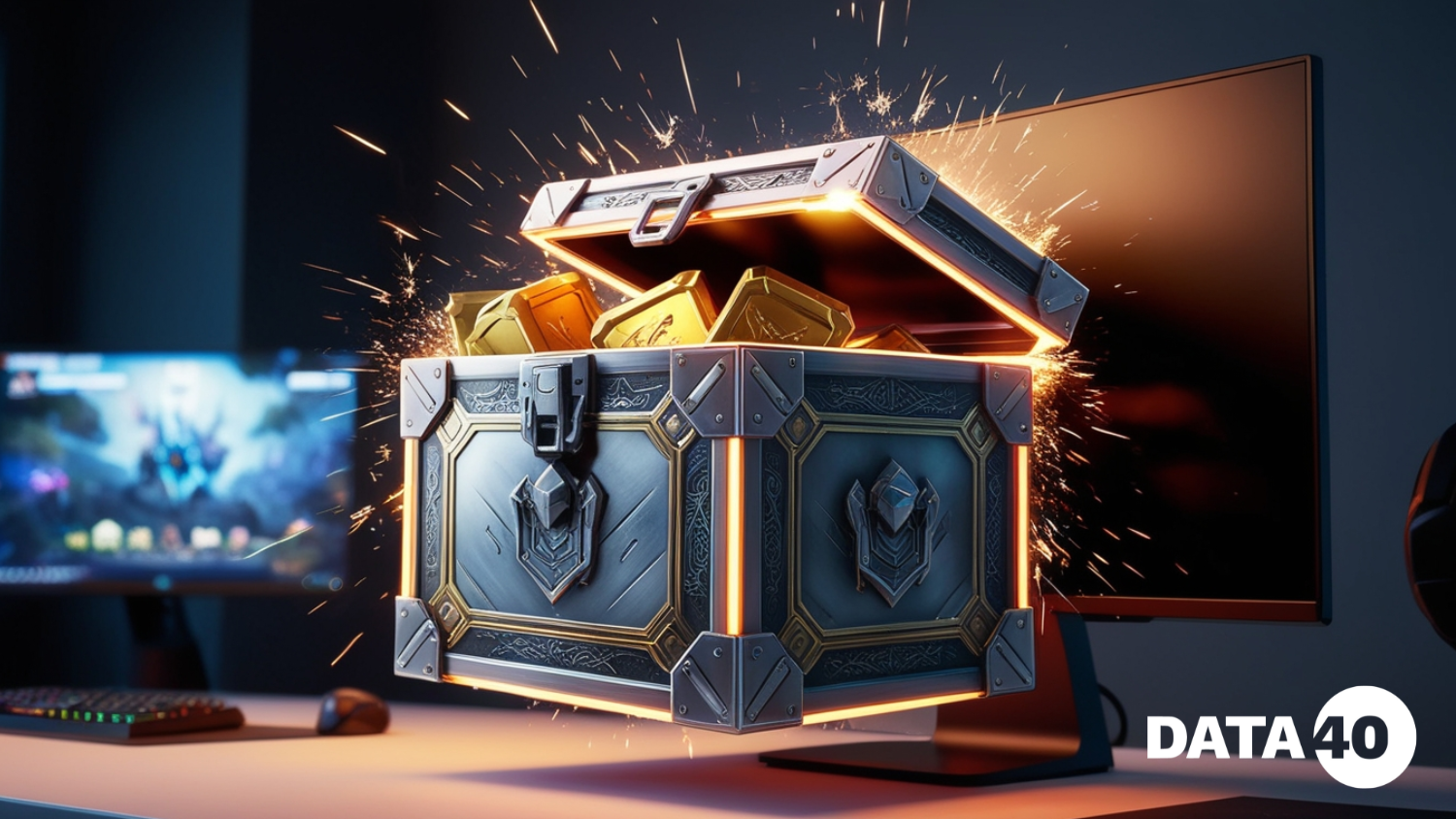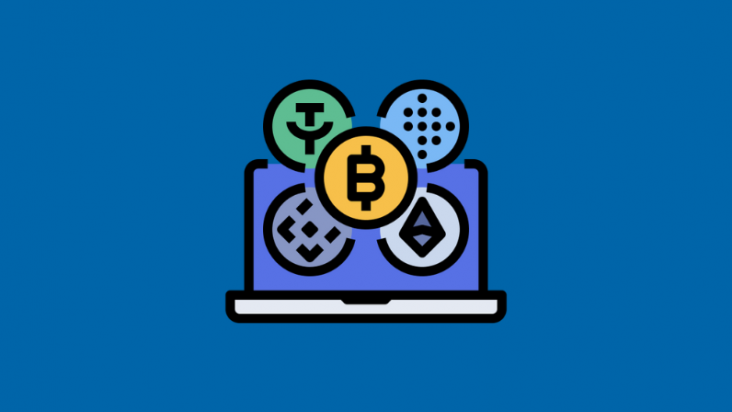

In the article “Loot Boxes and Their History in Game Development” we explored their origins and evolution in detail. But what makes this mechanic so widespread? The secret of loot boxes’ success lies in well-thought-out psychological mechanisms that influence players’ motivation and behavioral reactions.
Loot boxes are based on principles of random rewards, creating a sense of anticipation and strong emotional engagement. Effect is amplified by social and behavioral factors: when rare items become symbols of status, players are further motivated to obtain them. This mechanic is not new—similar principles are used in gambling, marketing, and even social media. In the gaming industry, nonetheless, it is applied especially effectively: many projects integrate loot boxes into core gameplay, turning them into an essential part of the gaming experience.
The Essence of Loot Box Appeal: Why Players Keep Opening Them ?
Loot boxes have become an integral part of the modern gaming industry, offering players random rewards such as cosmetic items, in-game resources, or power-ups. Their popularity is largely driven by a combination of excitement, the anticipation of rare rewards, and social comparison. In 2019, Electronic Arts vice president described loot boxes as a “surprise mechanic,” comparing them to popular surprise toys like Kinder Surprise or Hatchimals.
- The Element of Surprise: Gambling Mechanics in Gaming
Loot boxes are based on random reward mechanics, creating a sense of excitement and anticipation for players. Similar to slot machines, they trigger dopamine release—the pleasure hormone—which strengthens the desire to “try again.” The outcome of each opening is unknown, but even unsuccessful attempts create the illusion that “next time will be the lucky one.” This stimulates players to keep testing their luck in search of coveted items or power-ups.
- Rarity of Skins and the Desire for Exclusivity
Game studios skillfully use a rarity grading system for items, where some are common, and others are extremely rare. The possibility of obtaining an exclusive or limited item makes the loot box-opening process even more thrilling. The rarer the reward, the higher its perceived value, pushing players to make additional attempts. A player who once obtains a rare item will be driven to repeat that success.
- Collecting and Social Comparison
Human nature gravitates toward collecting. Loot boxes allow players to gather rare skins, characters, or items, making the process engaging. The social factor adds extra motivation: players seek to showcase their rewards, comparing them with the achievements of friends or community leaders. As a result, opening loot boxes becomes not just entertainment but a way to express status in the gaming world.
Psychological Mechanisms Behind Loot Boxes
Loot boxes are built on psychological principles that create players’ attachment to the process of opening containers. These mechanics operate at the levels of perception and neurochemistry, triggering strong emotional reactions and motivating players to keep trying. Let’s explore the key psychological mechanisms used in loot boxes and their influence on user behavior.
- The Variable Reward Effect
This mechanism was extensively studied in behavioral psychology and is known from B. F. Skinner’s experiments with so-called “Skinner boxes.” In these studies, animals were trained to press a lever that sometimes dispensed a reward. The unpredictability of the reward increased the subjects’ engagement in the process.
Similarly, loot boxes exploit this effect by offering unpredictable rewards, reinforcing player engagement and making the experience both exciting and addictive.
- FOMO (Fear of Missing Out)
Limited-time offers and exclusive rewards create a sense of urgency. Players fear that a rare item will only be available now, prompting them to try to obtain it immediately.
In Genshin Impact, a banner system is in place: certain characters or weapons are only available for a limited period. This forces players to actively spend in-game currency to obtain rare items before the event ends.
- The “Near-Miss” Effect
This effect is well-documented in cognitive psychology studies. The human brain perceives “almost success” as a stimulus to continue attempts. In casinos, when two identical symbols appear on a slot machine but the third is different, players feel they were close to winning.
In loot boxes, this works similarly: a player might receive a reward similar to the desired one but not the exact item they wanted. For example, in FIFA Ultimate Team, a player might get a high-rated football card but not the specific player they were searching for. This motivates additional attempts, creating the illusion that the next result will be successful.
- Progression Systems and Guaranteed Rewards
Some games use a system where a rare item is guaranteed after a certain number of opened loot boxes. This method reduces frustration and increases the likelihood that players will continue spending money or in-game currency.
In Overwatch, duplicate items from loot boxes are converted into currency, which can then be spent on guaranteed purchases of desired items. This helps smooth out the disappointment of repeated failures while encouraging further container openings.
The Role of Design and Sound in Loot Box Popularity
Loot boxes thrive not only due to random reward mechanics but also through well-designed audiovisual elements. Design and sound accompaniment create a sense of anticipation and enhance the emotional response to opening a container.
- Animation and Visual Effects
The process of opening a loot box is often staged as a mini-performance: spinning roulettes, light flashes, paint explosions, or flying particles create a sense of significance. The rarer the item, the more impressive the animation becomes. In Overwatch, for instance, the color and intensity of effects vary depending on the item’s value, immediately signaling the significance of the win.
- Sound Effects
Sound effects play a key role in shaping emotional responses. When opening a loot box, players hear a sequence of sounds: gentle rustling, a rising rhythm, a click, or an explosion upon item reveal. In games like CS2 or FIFA Ultimate Team, rare items are accompanied by unique sounds, creating a satisfying effect and encouraging repeated attempts.
Conclusion
The gaming phenomenon of loot boxes expertly combines psychological engagement and player retention mechanisms with carefully crafted visual and sound effects. Their popularity is due to effectively satisfying the needs of both players and developers, offering an exciting experience while serving as a powerful monetization tool.
The psychological principles behind loot boxes directly influence user behavior, engaging elements of uncertainty, urgency, and reward systems. These mechanics, long studied in neuropsychology, are actively used not only in the gaming industry but also in gambling, making loot boxes both attractive and controversial.








